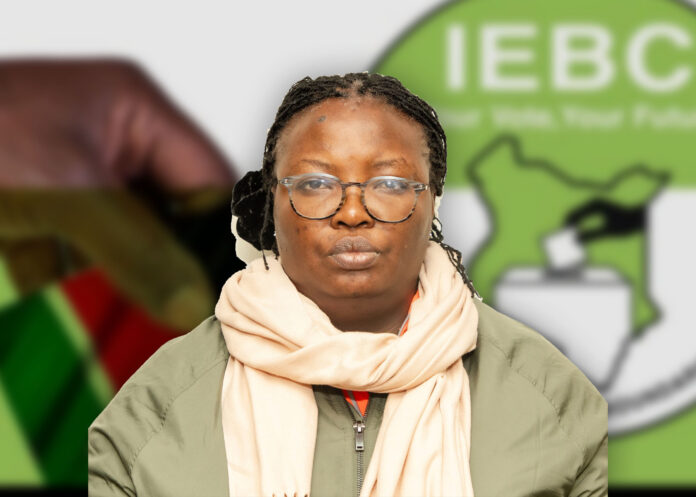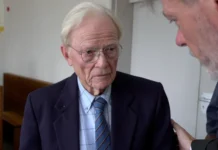The Ethics and Anti-Corruption Commission (EACC) made headlines on Monday with the arrest of Caroline Sabiri Manyange, a senior official at the Independent Electoral and Boundaries Commission (IEBC).
Manyange, the Manager for Boundaries Delimitation, stands accused of forging her Master of Arts degree certificate to secure her position at the electoral body since 2012.
Following her arrest, Manyange was processed at the Integrity Centre Police Station before being presented before the Milimani Anti-Corruption Court.
In an appearance that has rattled the corridors of power, the 43-year-old pleaded not guilty to charges including forgery, as stipulated under Section 345 and Section 349 of the Penal Code, as well as uttering a false document under Section 353.
Anti-Corruption Magistrate Hon. Isabella Baraza, presiding over the case, opted for a cash bail of Ksh 200,000 or a bond of Ksh 1 million, both requiring a surety of the same amount. The case has been scheduled for mention on October 28, 2024.
EACC investigations revealed that Manyange had fraudulently acquired a degree certificate purporting to be awarded by the University of Nairobi on May 9, 2004, paving the way for her lucrative career. It has been disclosed that she reaped significant financial benefits, amassing over Ksh 37 million in salary and allowances based on her falsified academic credentials. The EACC has vowed to pursue recovery of these ill-gotten gains through a civil suit.
This shocking revelation is part of a broader investigation into corruption within the government, as the EACC has confirmed that over 2,000 public officials are currently facing scrutiny for similar allegations of academic forgery. The breadth of these investigations underscores a pervasive issue within the public sector, prompting calls from the public for greater transparency and accountability.
The arrest of a prominent figure such as Manyange raises serious questions about the integrity of Kenya’s electoral commission and the qualifications of those entrusted with overseeing the democratic process. As the EACC continues its work, many are left wondering how deep this web of deception spreads and whether more high-profile arrests will follow.
With national attention focused on this unfolding scandal, the EACC’s efforts to tackle corruption head-on are being met with both skepticism and hope. Citizens are eager to see not just punitive action, but meaningful reforms that could restore faith in public institutions.



















